State of North Carolina Short-Term Rental Regulations
Short-term rental regulations vary depending on the location and may include zoning laws, occupancy and safety standards, taxation, licensing, and insurance requirements review our guides for more information specific to your city.
Reviewed by Derick Hargrave
Last updated October 01, 2023
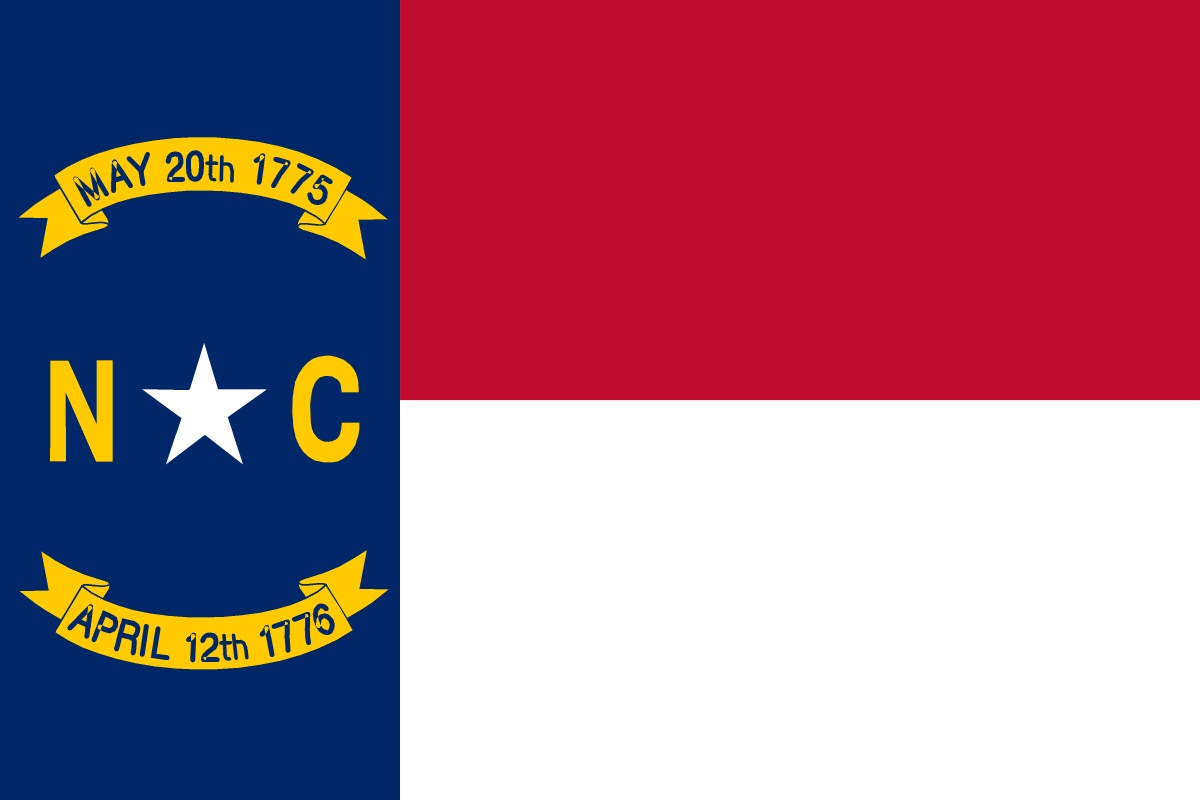
Overview of North Carolina Short-Term Rental Regulations
Information is maintained by the community to provide helpful insights and links to local regulations, HostScouts does not provide legal or investment advice.
Short-term rentals have seen significant growth, especially with platforms like Airbnb and Vrbo becoming household names. With its picturesque landscapes and bustling cities, North Carolina is no exception to this trend. But before diving into the rental business in the Tar Heel State, it's crucial to understand the regulations that govern it. We'll delve deep into the short-term rental regulations in North Carolina, ensuring you're well-equipped with the knowledge to navigate this industry.
What is Considered a Short-term Rental in North Carolina?
The definition and regulations surrounding short-term rentals fall under the North Carolina Vacation Rental Act in North Carolina. Let's break down what this means:
Definition of Short-term Rental
North Carolina uniquely defines a vacation rental as the rental of a residential property for vacation, leisure, and recreational purposes for less than 90 days. The tenant must have another permanent residence to which they intend to return. This sets it apart from other states where the focus might be solely on the duration of the stay.
Number of Nights Rented Per Year
The rental period should be less than 90 days. This is in contrast to states like Florida, Texas, and Tennessee, where the limit is often 30 consecutive days or less.
Laws at the State vs Local Level
While the state provides a broad definition, local governments can still regulate vacation rentals through zoning ordinances. However, they cannot require permits or permissions at the local level, a fact reinforced by the North Carolina Court of Appeals in Schroeder v. City of Wilmington.
Starting a Short-term Rental Business in North Carolina
The process is relatively straightforward if you're looking to start a short-term rental business in North Carolina. Here's what you need to know:
License Requirements at State Level
Good news for potential hosts: North Carolina does not require short-term rentals to be registered or licensed at the state level. This is a boon for those looking to start without excessive red tape.
How to Apply
To operate a short-term rental business, you need to register with the North Carolina Department of Revenue. This can be done online or via mail. This registration is primarily for tax purposes.
Steps to Get Started
Begin by checking out county and city laws in your desired location. Then, register with the North Carolina Department of Revenue, either online or by mailing Form NC-BR. Ensure you have a written vacation rental agreement in place with tenants, as mandated by the NC Vacation Rental Act.
License Fees
There's no fee associated with registering a business for tax purposes in North Carolina. This makes the initial setup cost-effective for new entrants into the market.
Building and Housing Requirements for Short-term Rentals
Ensuring the safety and comfort of your guests is paramount. Here's what North Carolina mandates regarding the physical aspects of your rental:
Safety - While the state does not have specific safety regulations for short-term rentals, it's always a good idea to equip your property with basic safety equipment like smoke detectors, fire extinguishers, and first aid kits.
Wiring - Ensure that the electrical wiring in your property is up to code. Regular inspections can help prevent potential hazards.
Signage - There aren't specific signage requirements for short-term rentals at the state level. However, having clear signage for emergency exits is always a good idea.
Insurance - Consider getting insurance that covers short-term rentals. This can protect you from potential liabilities and provide peace of mind.
Short-Term Rental Taxes in North Carolina
Navigating the tax landscape can be a bit daunting, especially when different cities have their own set of rules. While there are state-level guidelines in North Carolina, individual cities have their nuances. Here's a closer look at some of the major cities:
Transient Tax
North Carolina does not have a specific transient tax for short-term rentals at the state level. However, local municipalities might have their own regulations.
- Asheville imposes a 6% occupancy tax on short-term rentals. This is in addition to the state's sales tax. If you're an Airbnb host in Asheville, the platform will automatically collect and remit this tax on your behalf.
- Charlotte has a combined 8% occupancy tax for short-term rentals. This includes both the county and city taxes. Platforms like Vrbo and Airbnb might collect and remit these taxes for hosts, but it's always good to double-check.
- Raleigh has a 6% occupancy tax for short-term rentals. If you're listing your property on popular platforms, they might handle the tax collection and remittance for you. However, if you're renting out independently, you must collect this tax from your guests and remit it to the city.
Lodging Taxes
Lodging taxes can vary significantly from one city to another. It's essential to check local regulations to ensure you comply.
- Durham imposes a 6% occupancy tax on all short-term rentals. This is separate from the state sales tax. Hosts need to be aware of this and ensure they're collecting the right amount from their guests.
- Wilmington has a 6% room occupancy tax. If you're a host in Wilmington, you'll need to add this to the cost of the rental and ensure it's remitted to the city.
State Sales Taxes on Airbnbs
Statewide, you don't have to pay taxes if you rent out your property for less than 15 days a year. However, platforms like Airbnb or Vrbo will collect and file taxes on your behalf if you rent out more frequently.
North Carolina Airbnb Regulations by City
Information is maintained by the community to provide helpful insights and links to local regulations, HostScouts does not provide legal or investment advice.
-
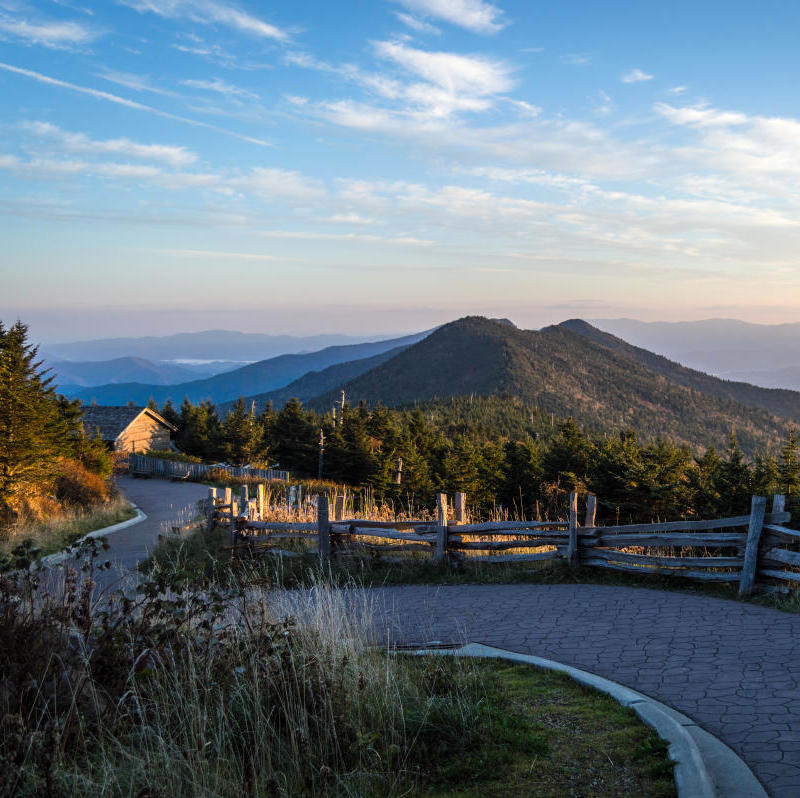
Arden
Regulation: TBD
6.1 -
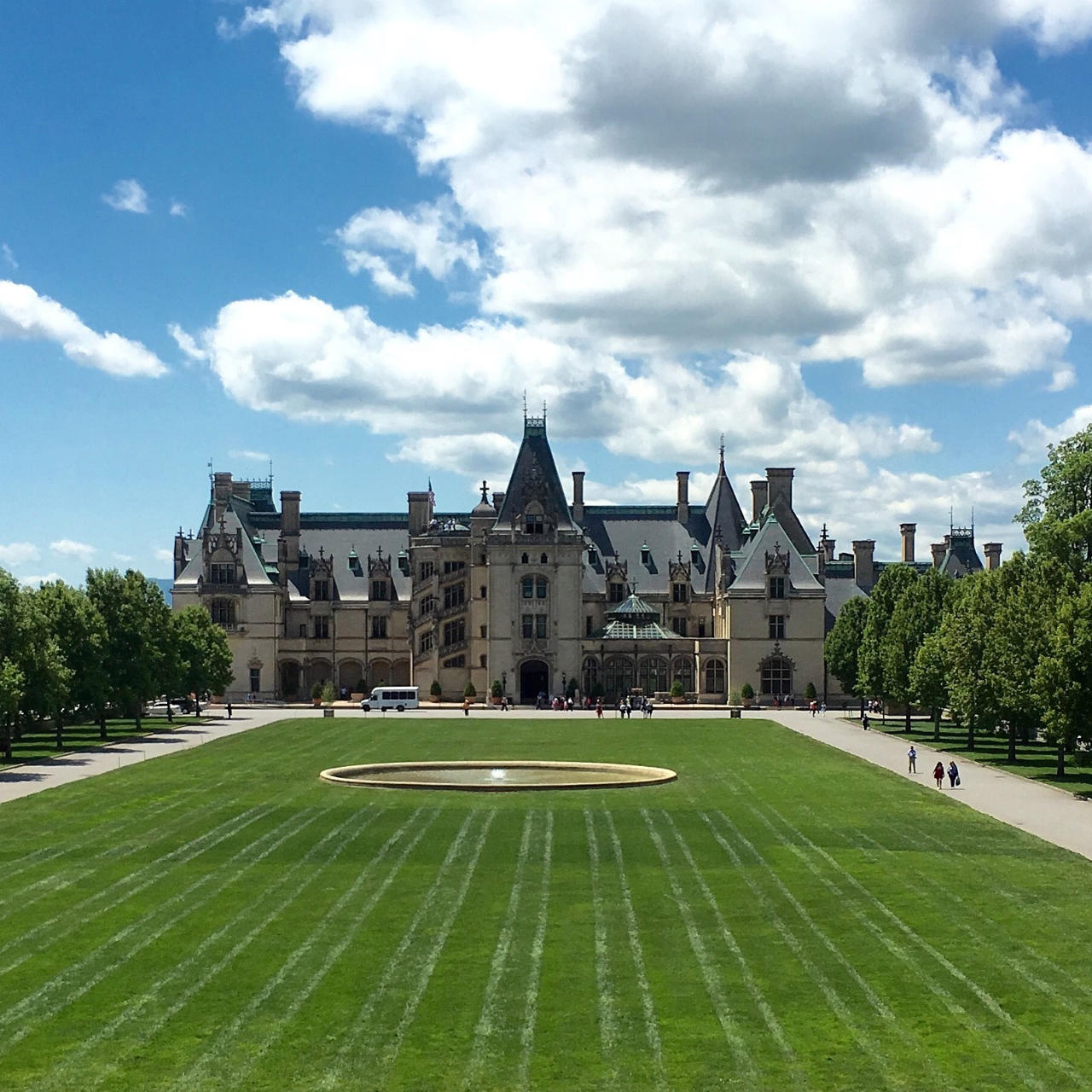
Asheville
Regulation: Restricted
5.5 -
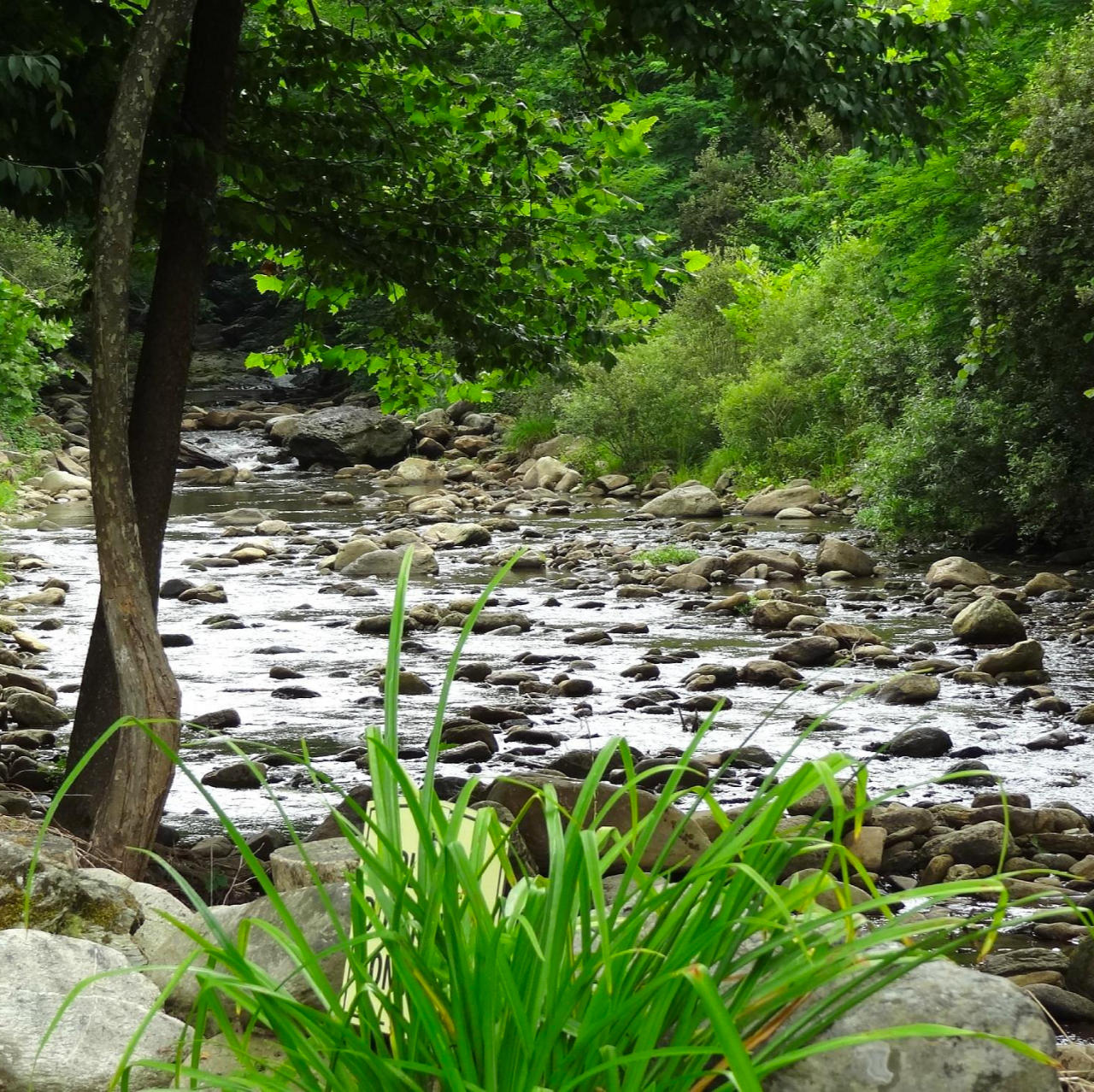
Banner Elk
Regulation: TBD
5.4 -
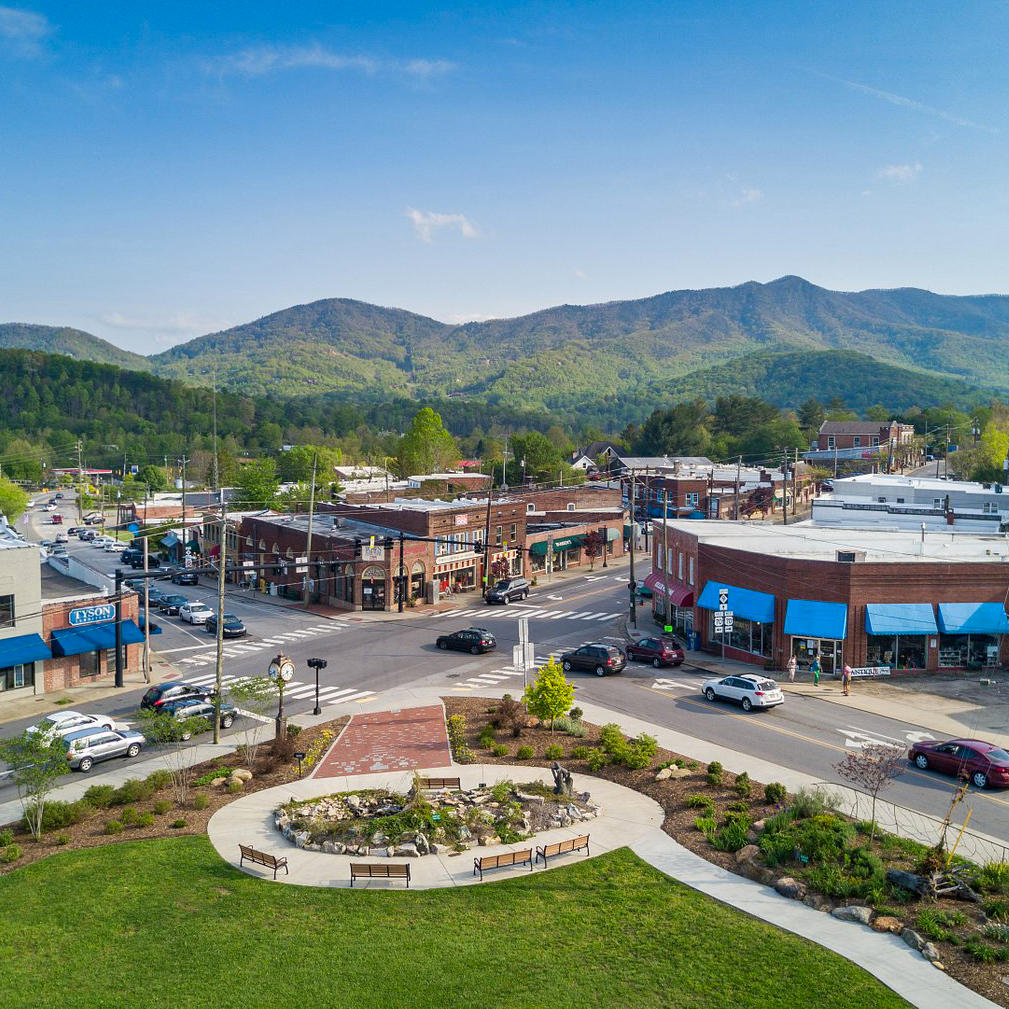
Black Mountain
Regulation: TBD
5.6 -

Bryson City
Regulation: TBD
5.8 -
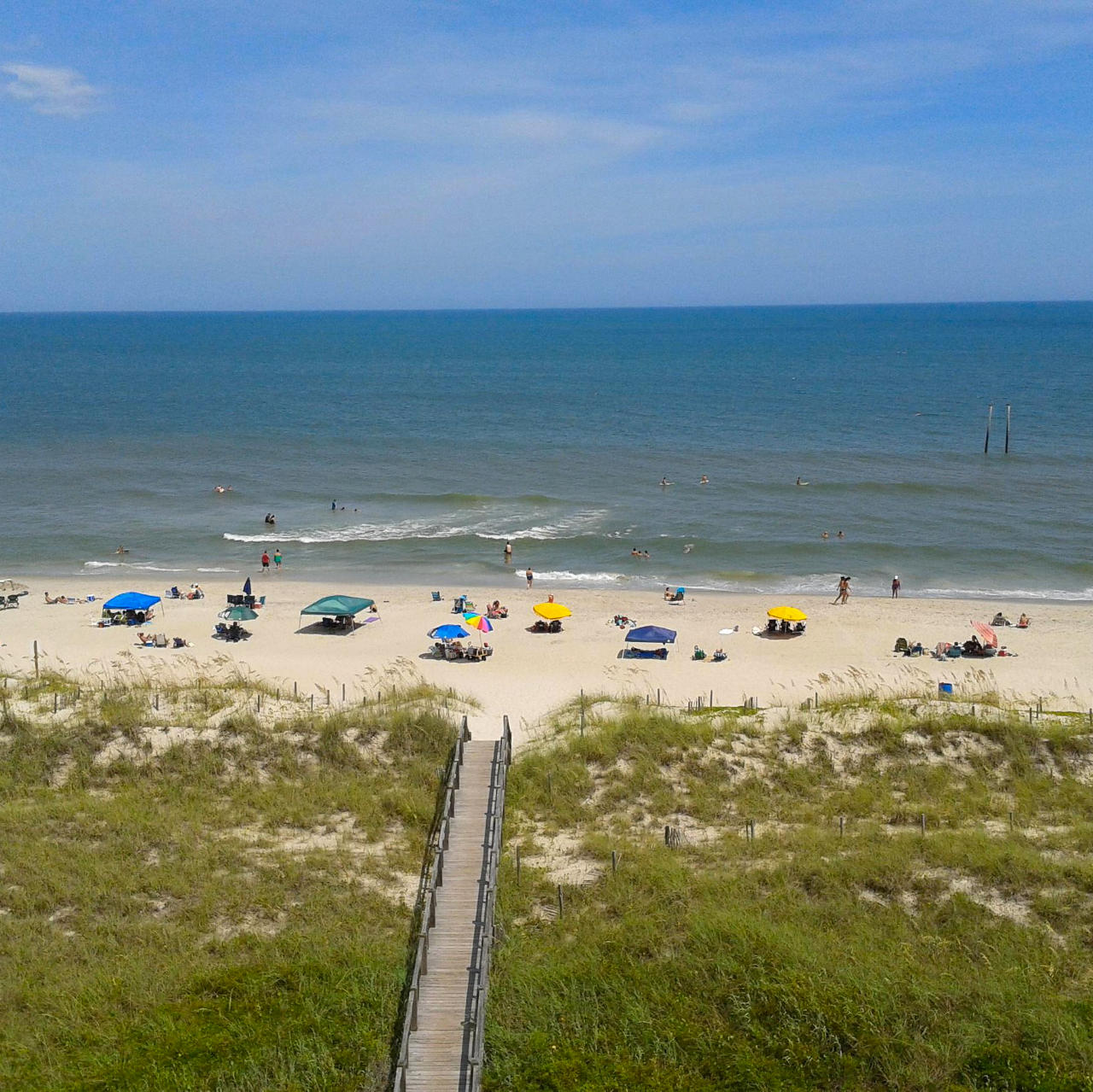
Carolina Beach
Regulation: Not Regulated
4.3 -

Cary
Regulation: Allowed
6.8 -

Charlotte
Regulation: Allowed
6.0 -
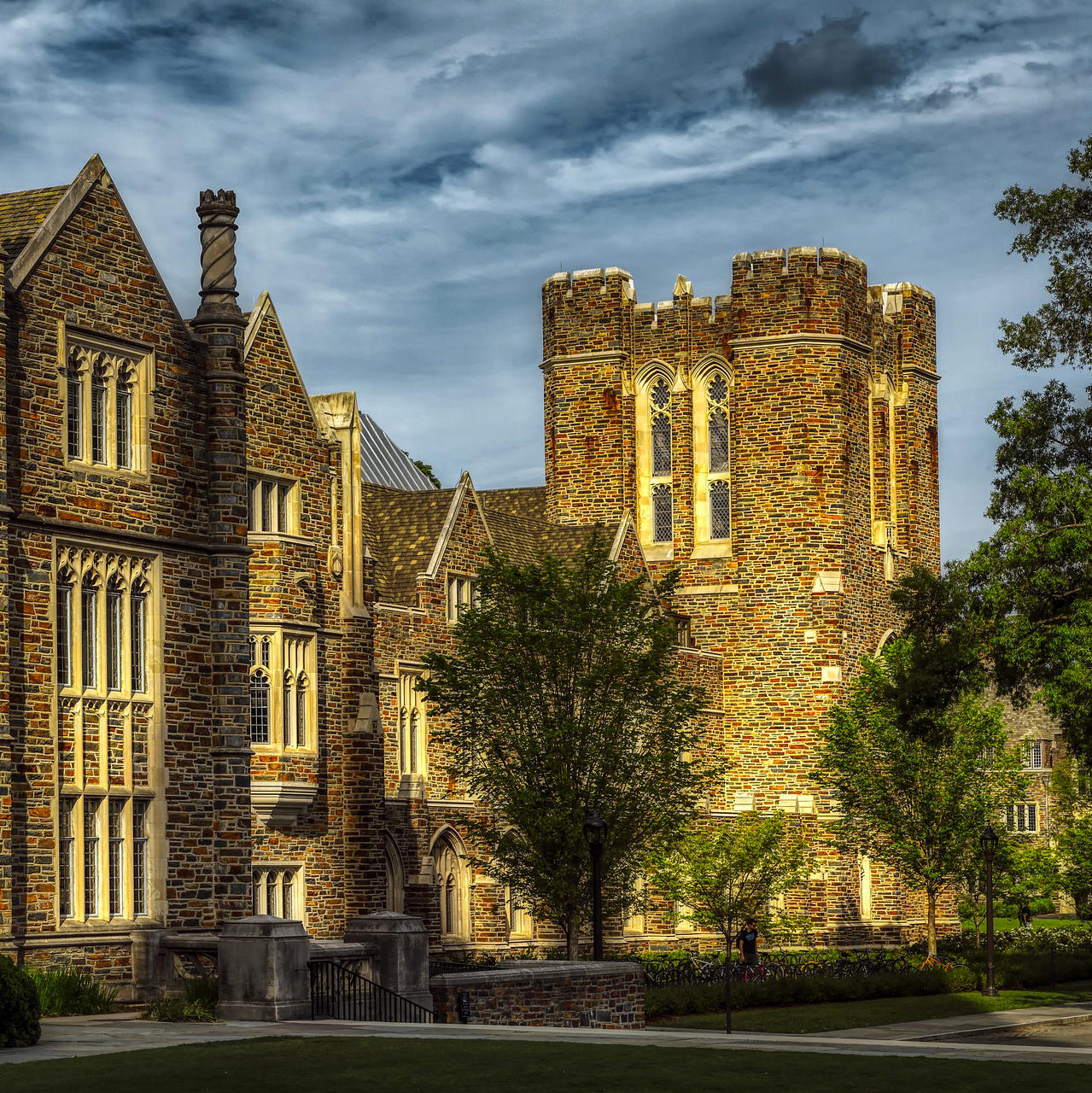
Durham
Regulation: Not Regulated
5.8 -
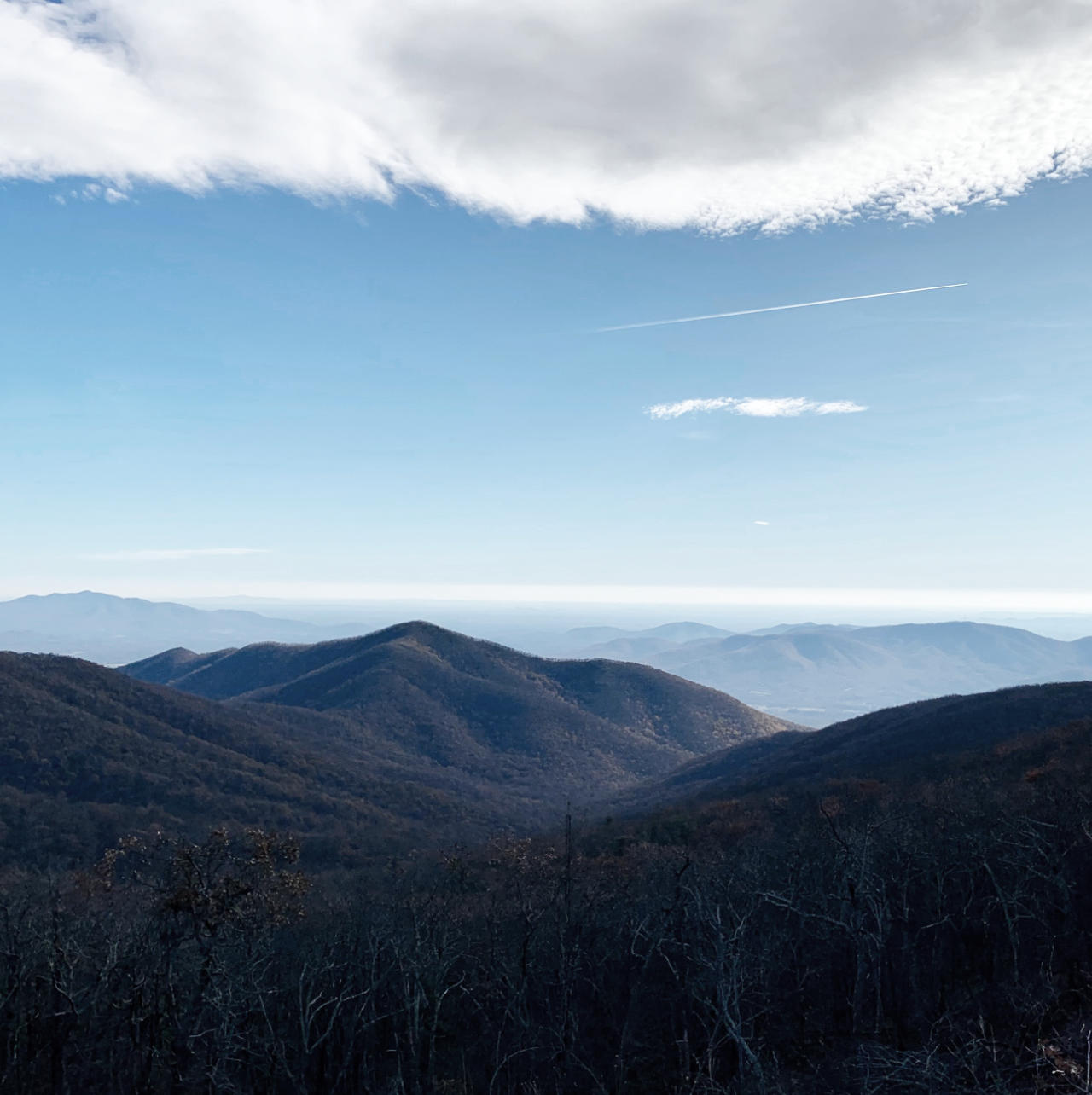
Fairview
Regulation: TBD
5.3 -
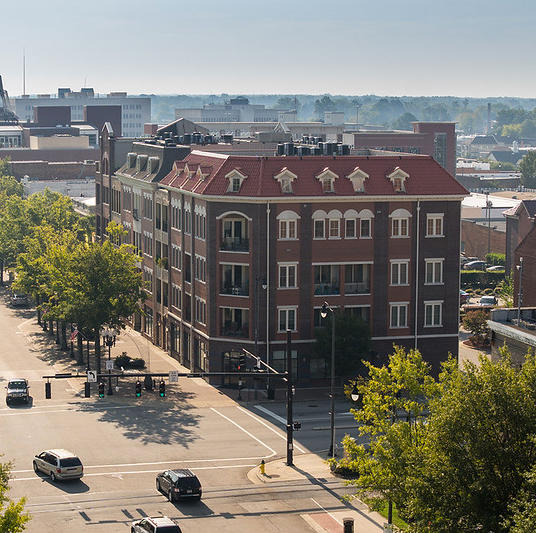
Fayetteville
Regulation: Restricted
5.4 -
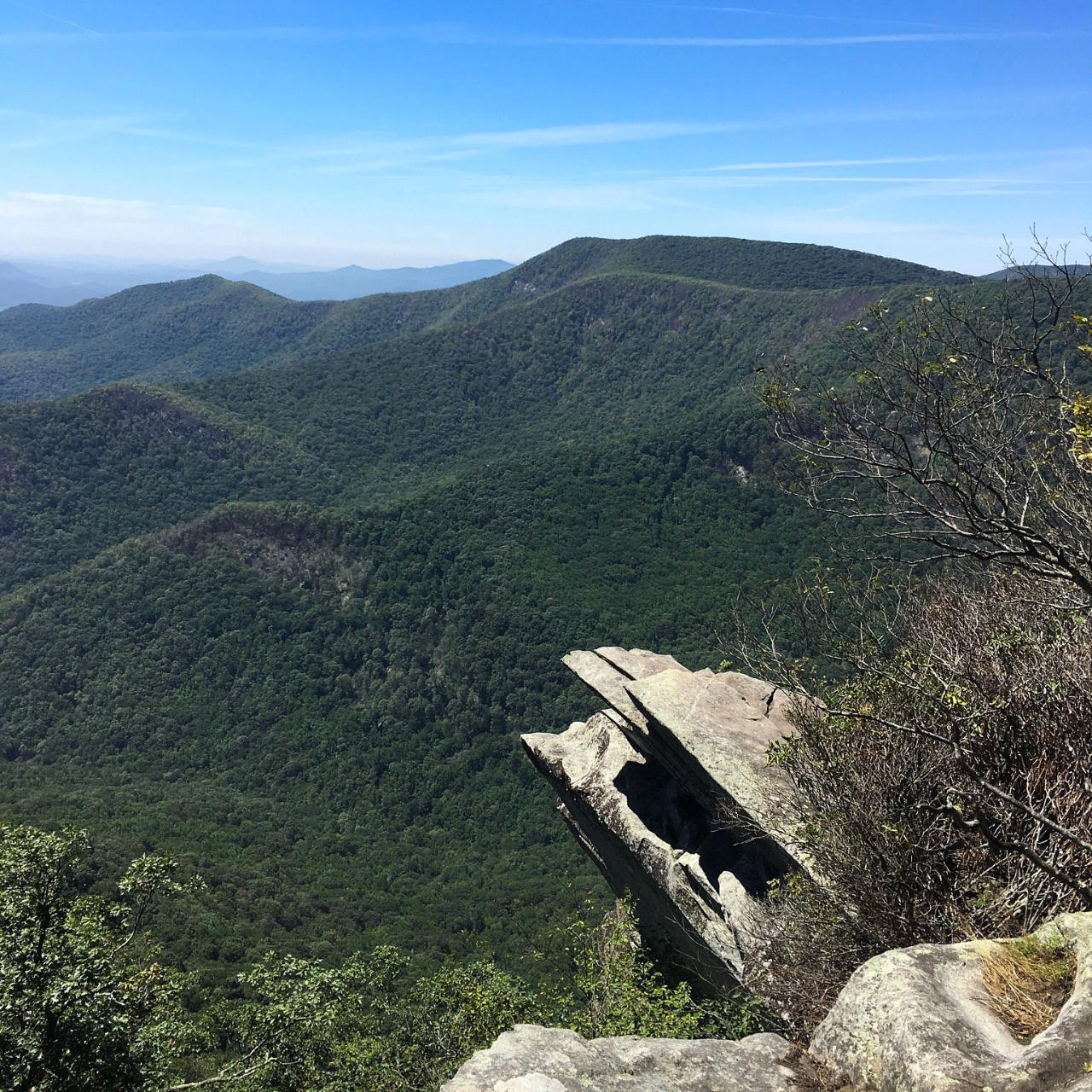
Franklin
Regulation: TBD
7.2 -

Greensboro
Regulation: TBD
6.5 -
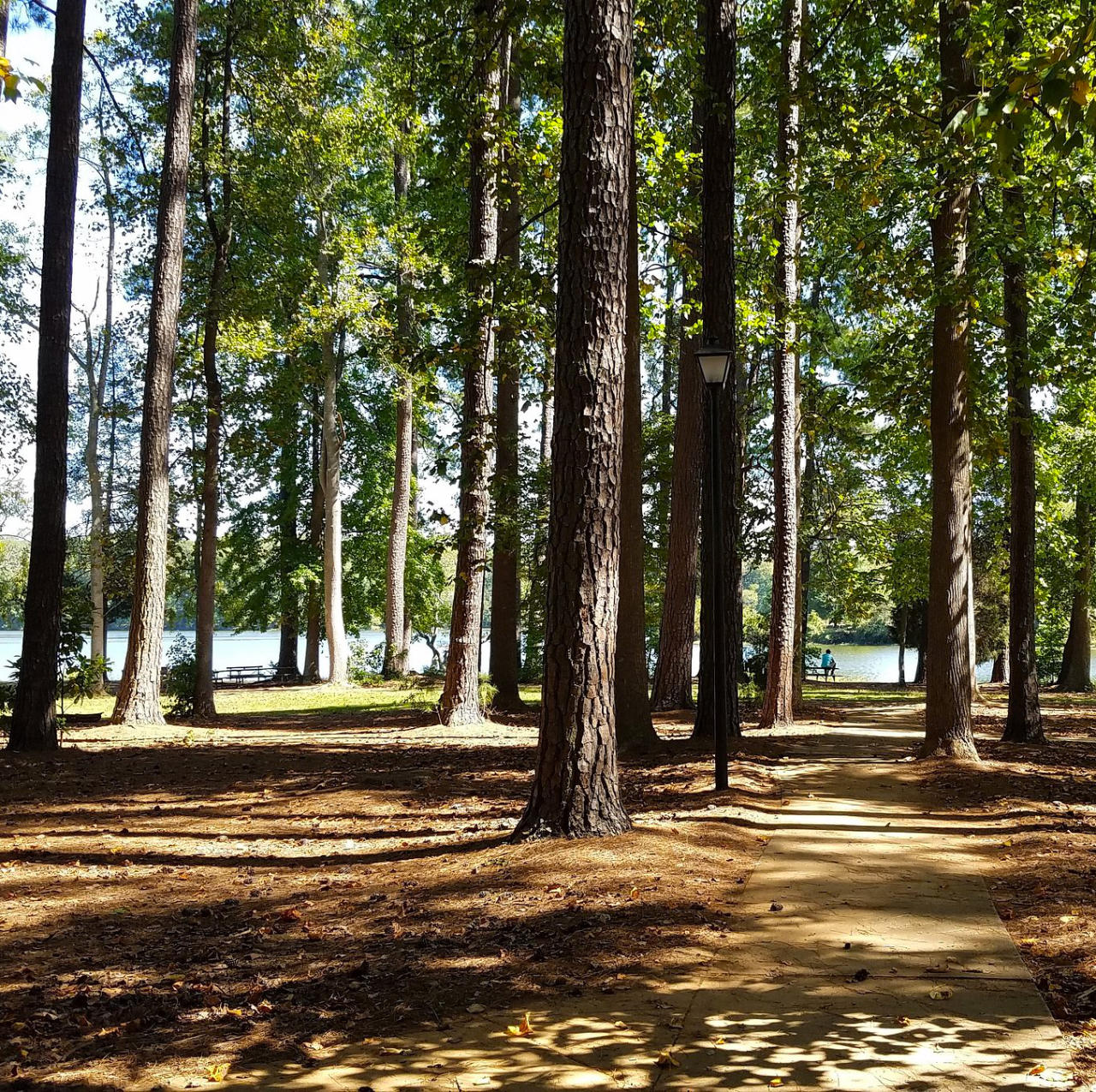
High Point
Regulation: TBD
6.7 -
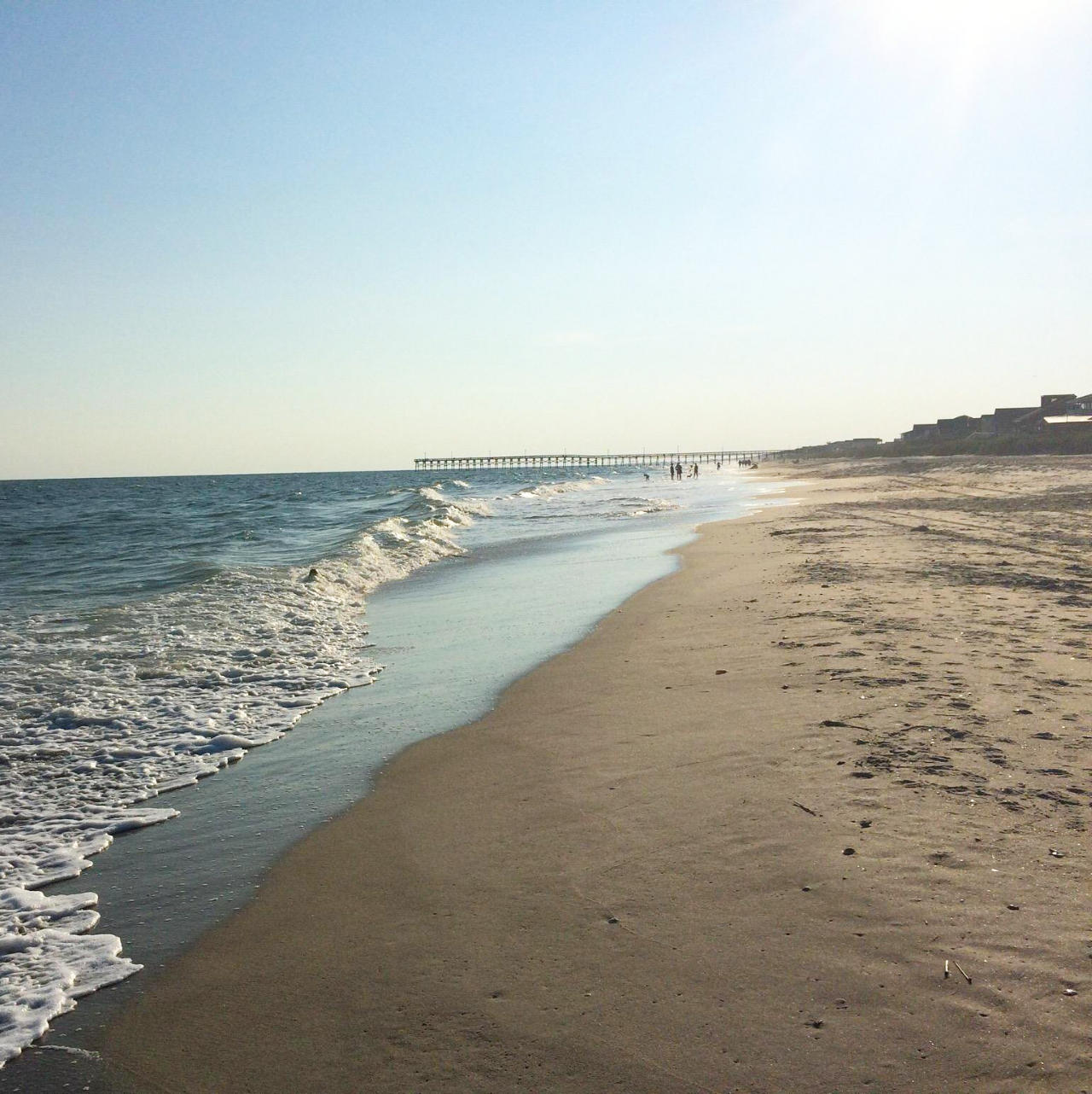
Holden Beach
Regulation: TBD
5.6 -
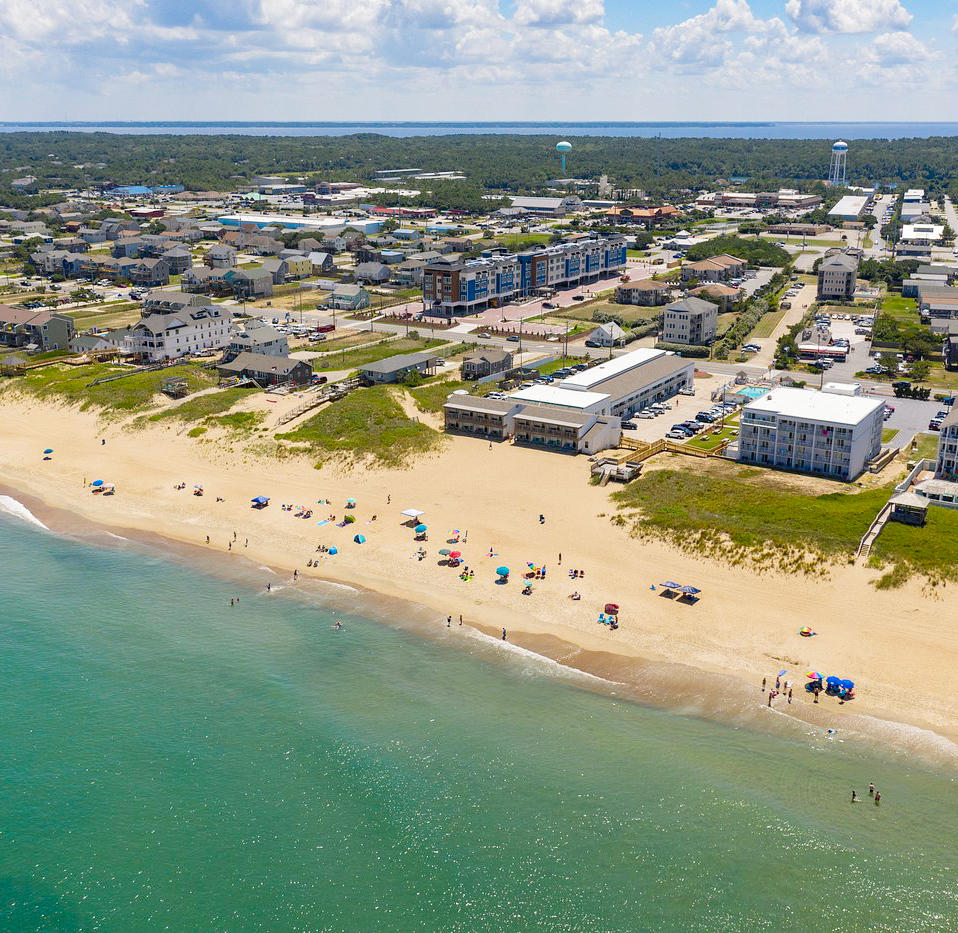
Kill Devil Hills
Regulation: TBD
4.4 -

Lake Junaluska
Regulation: TBD
6.1 -
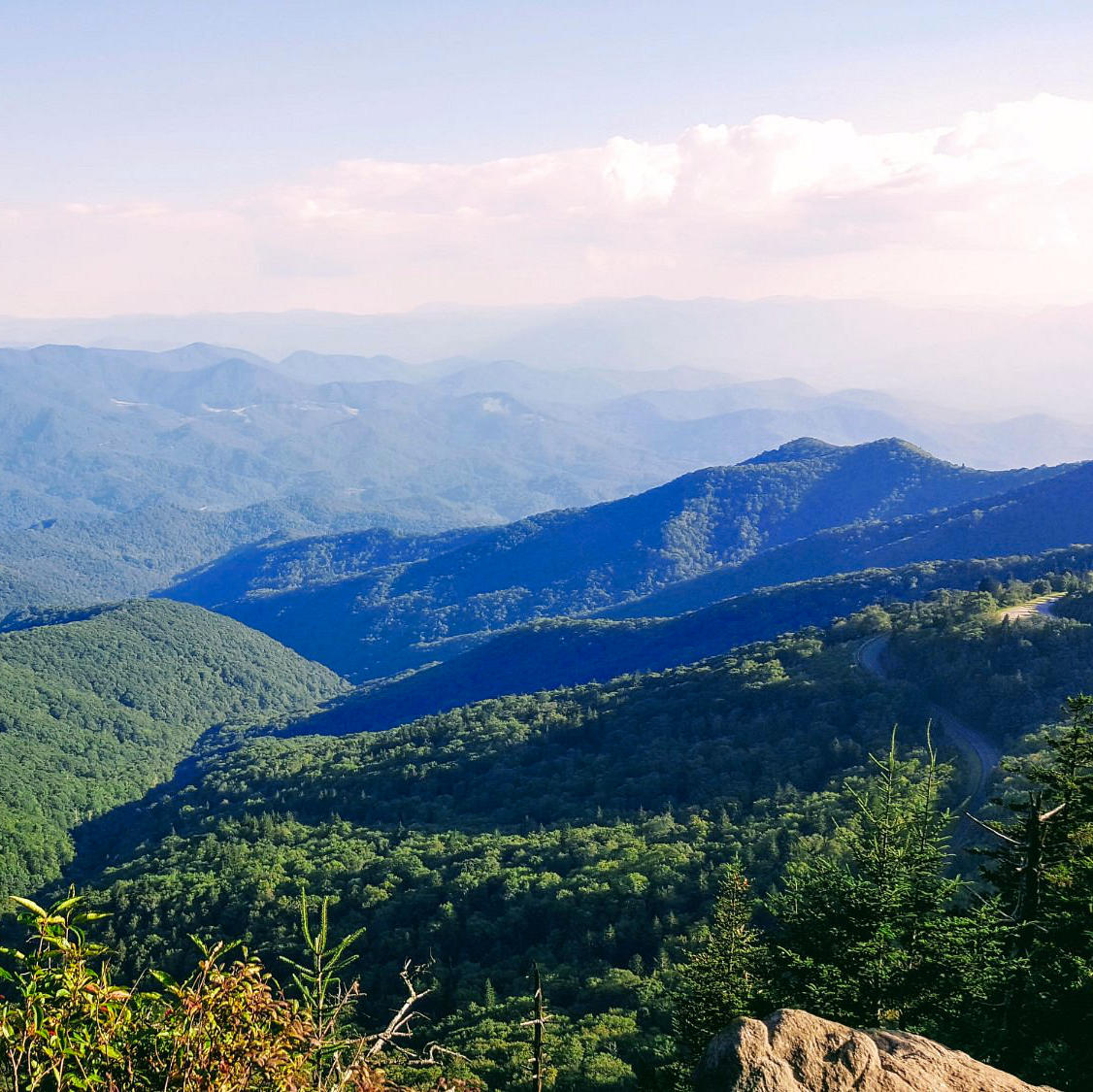
Maggie Valley
Regulation: TBD
5.8 -
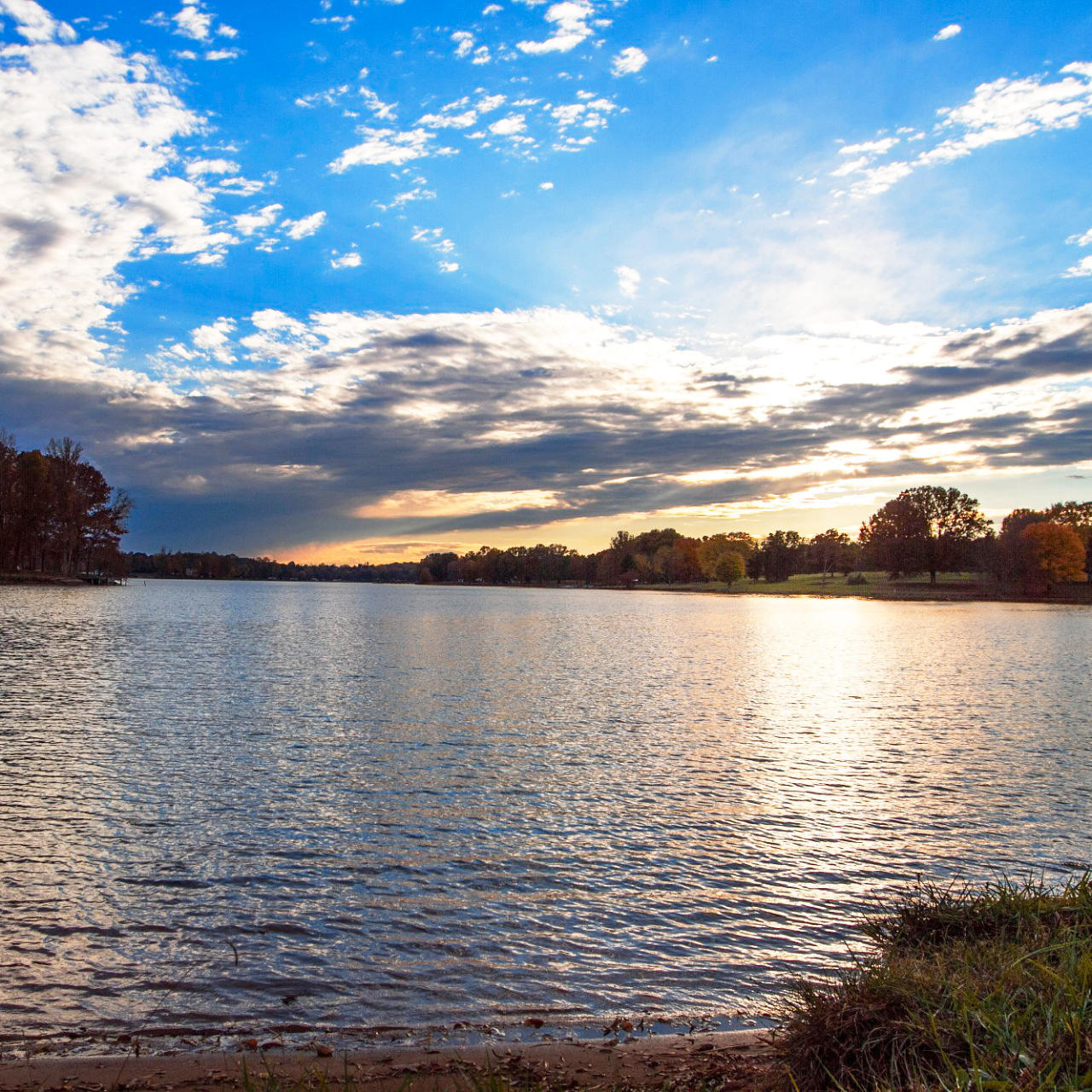
Mooresville
Regulation: TBD
6.9 -
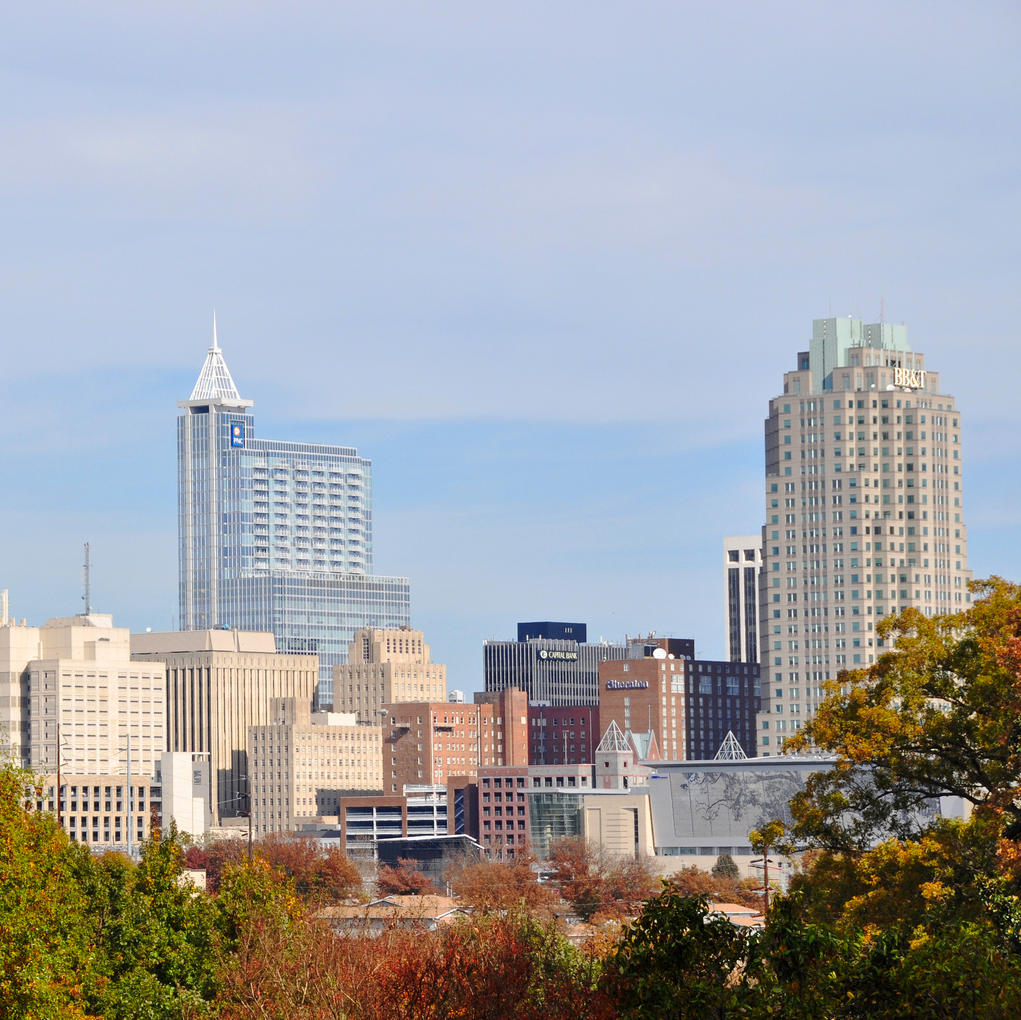
Raleigh
Regulation: Restricted
5.8 -
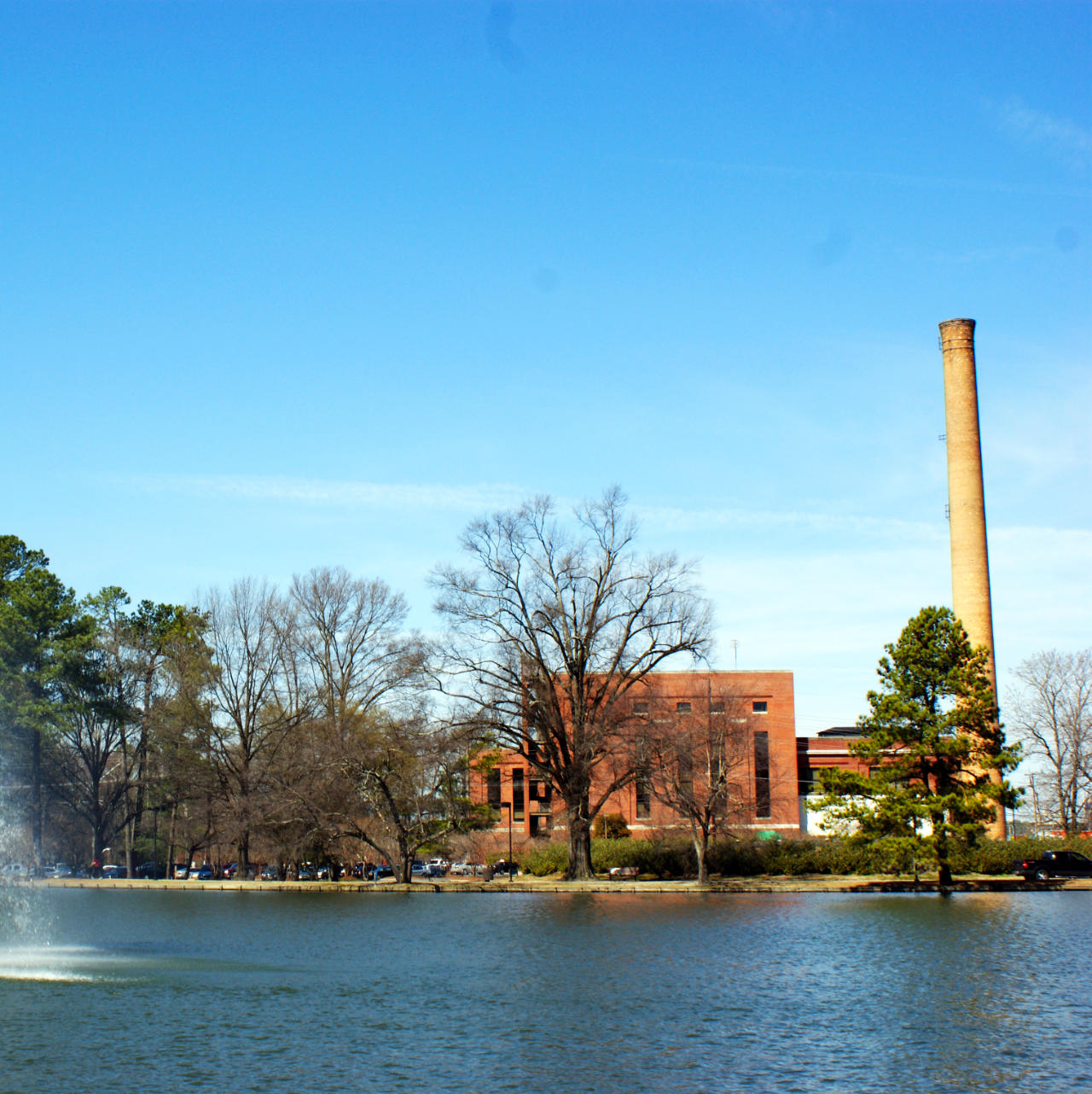
Rocky Mount
Regulation: TBD
7.3 -

Tryon
Regulation: TBD
5.9 -
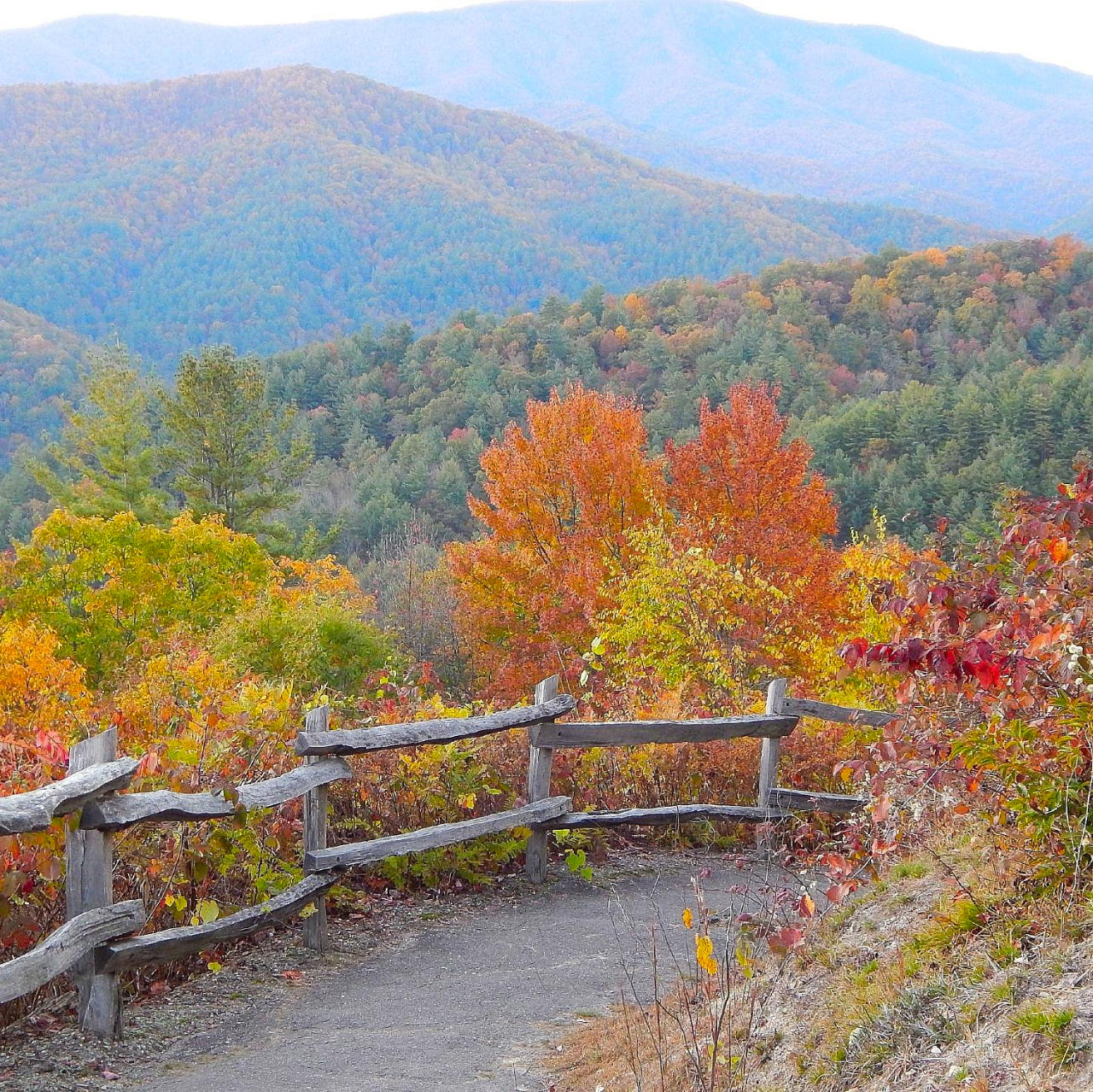
Waynesville
Regulation: TBD
6.1 -
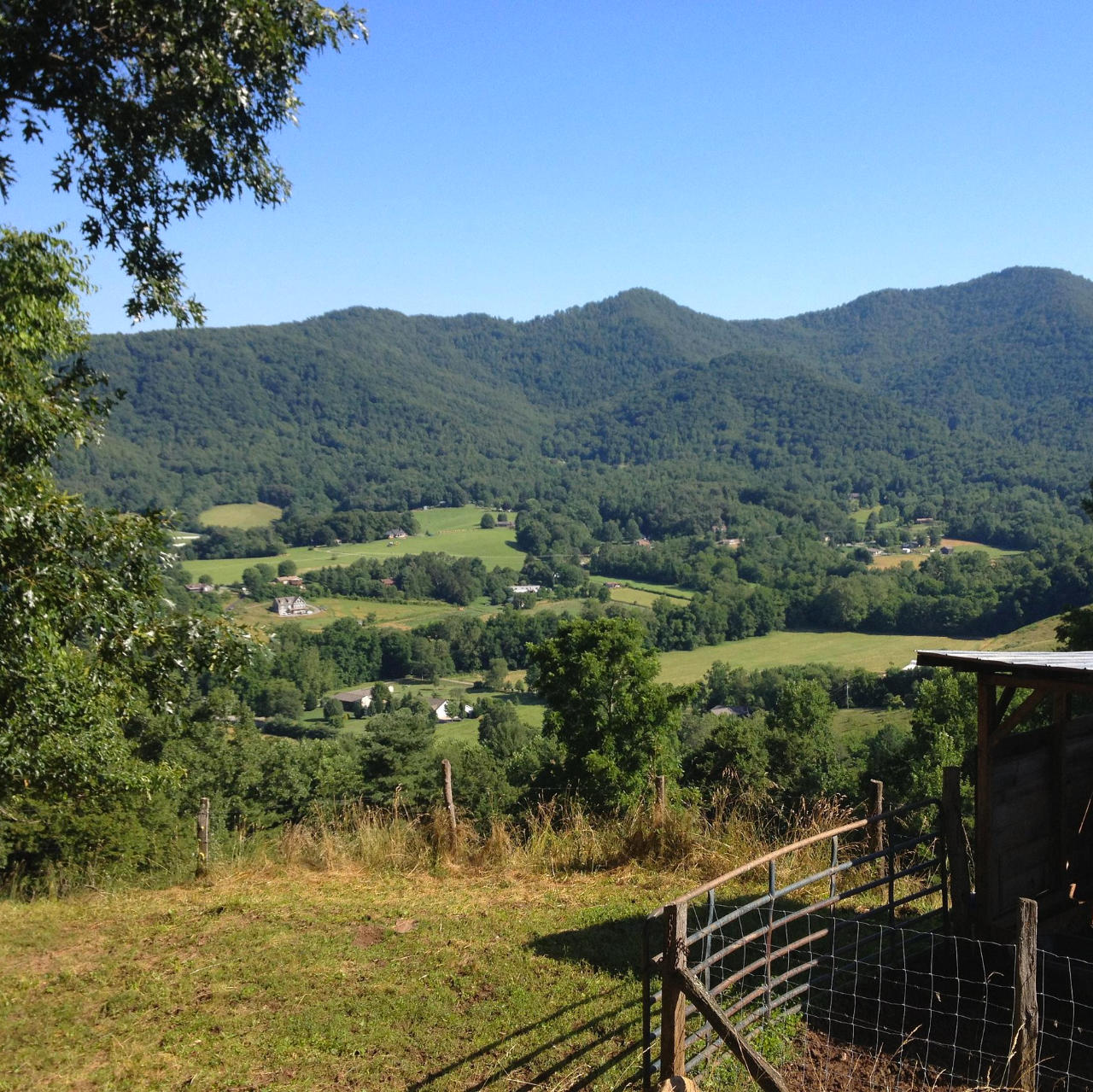
Weaverville
Regulation: TBD
6.4 -

Wilmington
Regulation: Allowed
7.1 -

Winston–Salem
Regulation: Not Regulated
6.8

